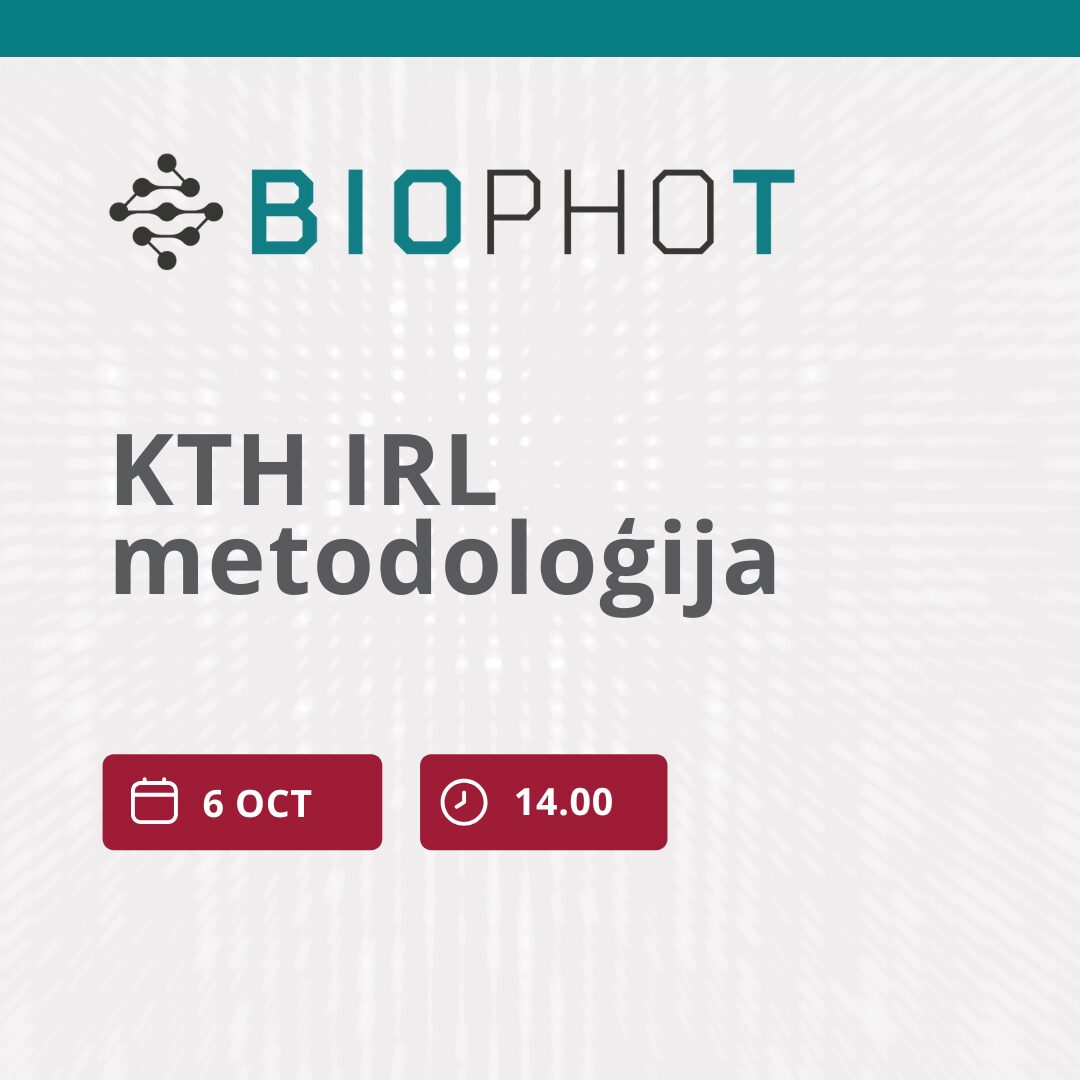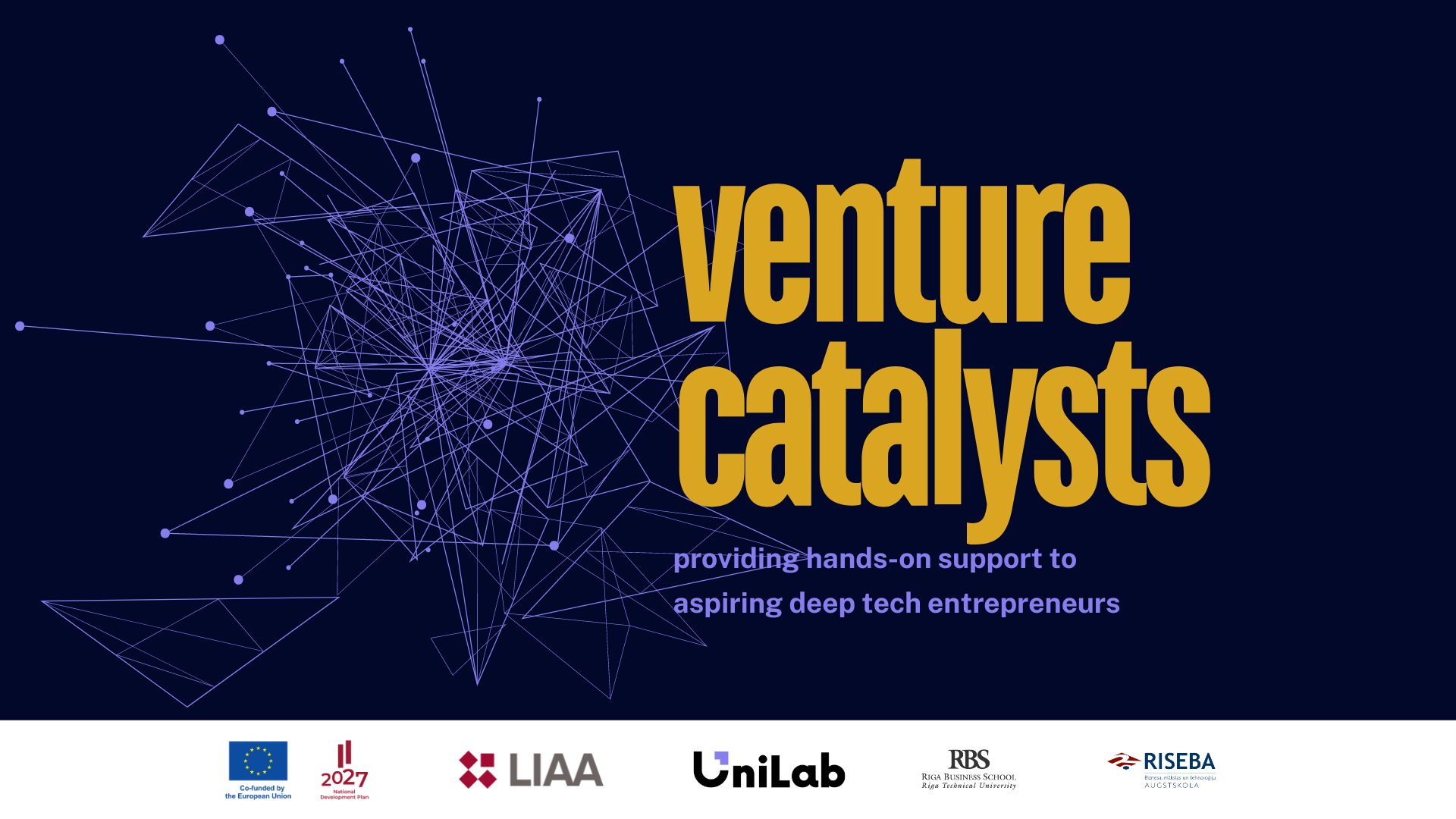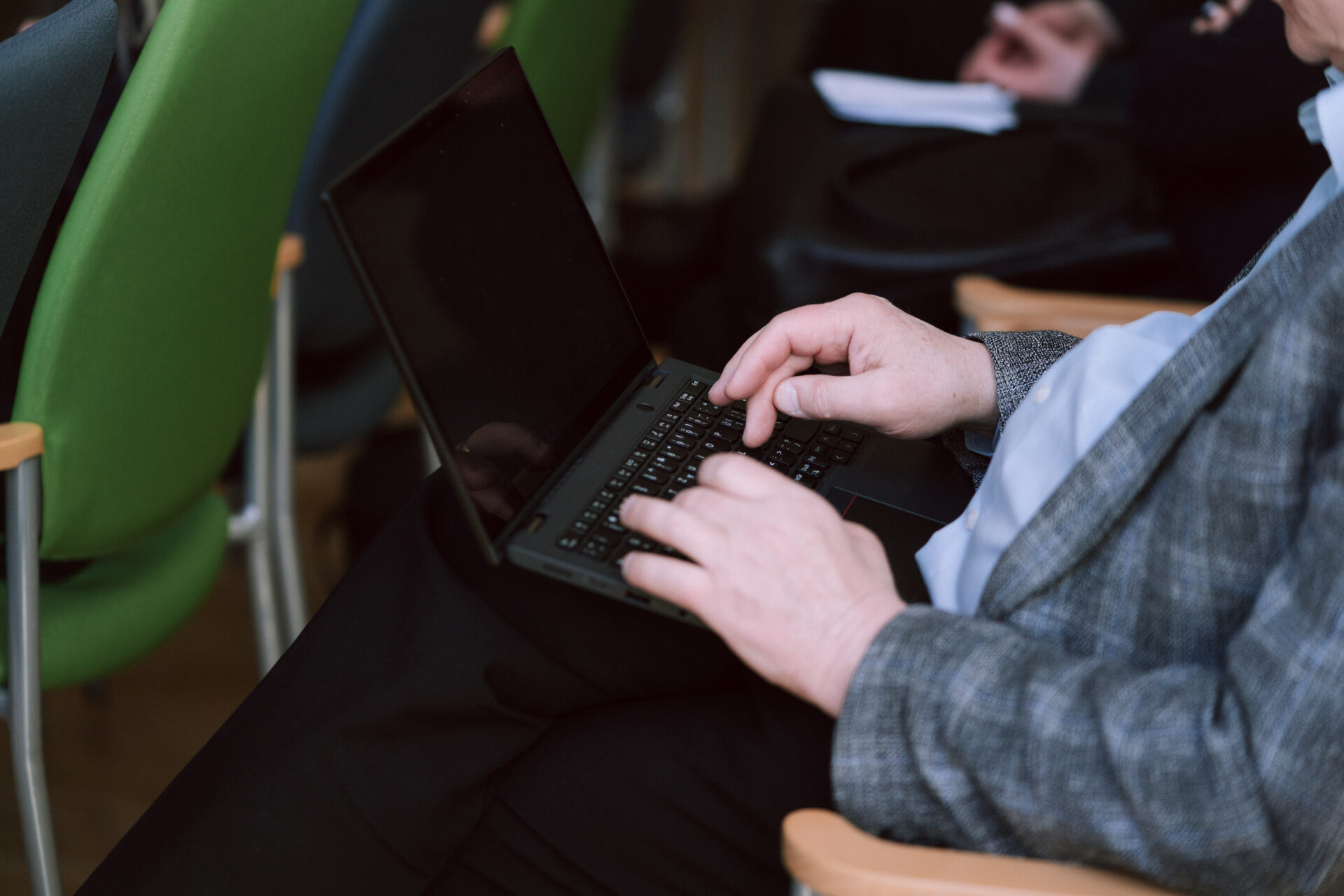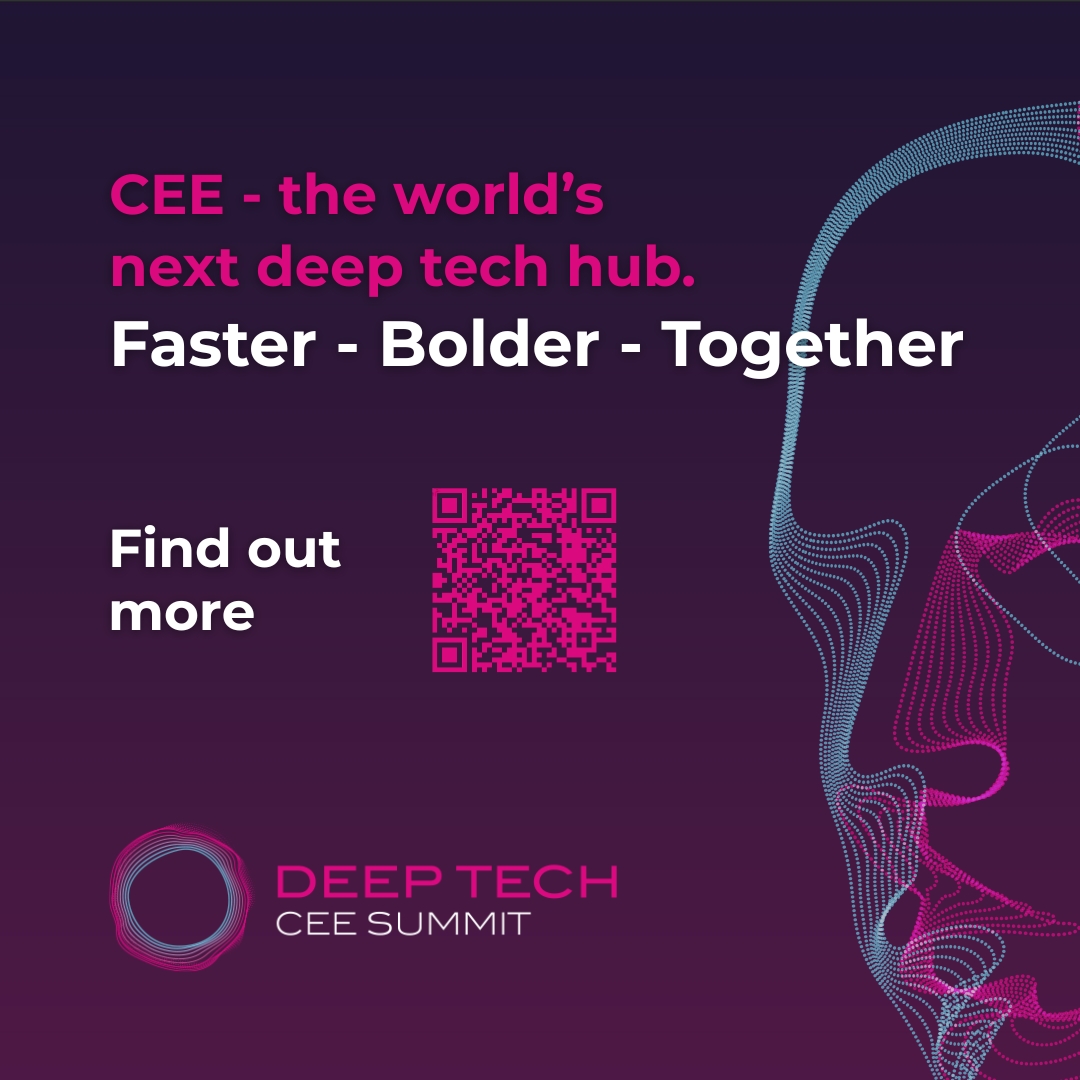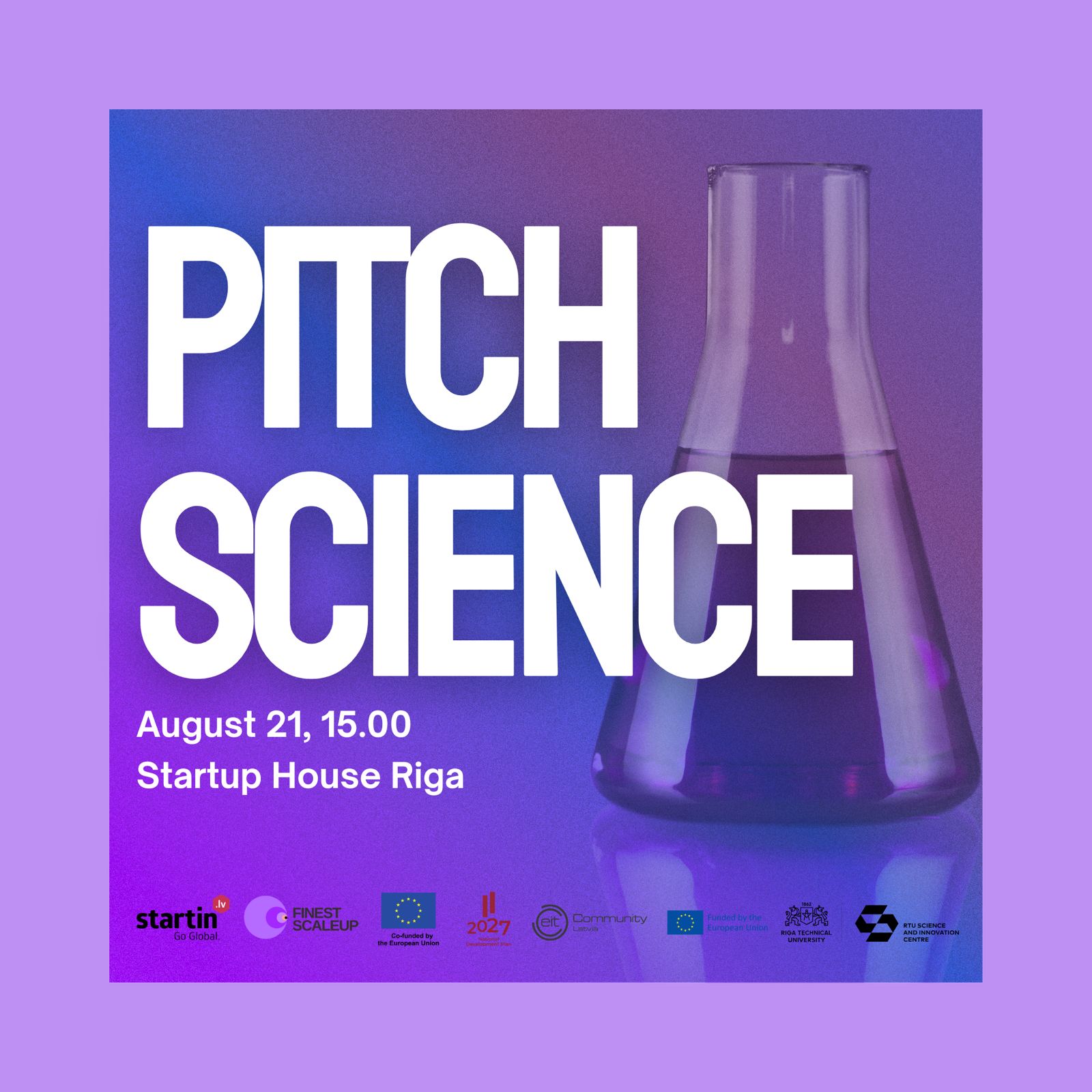On 26 May, the Riga Technical University Science and Innovation Centre hosted the industry panel presentations of the projects submitted for the first BioPhoT call. Over three days, more than a hundred project representatives will stand in front of industry experts to present more about their innovations and answer questions.
The first BioPhoT call for Research and Innovation Projects (RIPs) received more than 120 RIP applications: scientists and industry from the biomedical, medical technology, pharmaceutical, photonics, smart materials and engineering areas of the Smart Specialisation Strategy or RIS3 had the opportunity to apply for a share of the total €6 million national funding. In the first round, which runs from 26-28 May, an independent panel of experts analyses the innovative potential and market relevance of the ideas submitted.
"The projects submitted, and of course the presentations, cover a wide range of topics. Overall, I would say that what we see here is in line with what the mentors and the organisers of the presentations expected - namely that the guidance given to the applicants has been valuable and has been taken into account. Let's see how the experts judge it!" on the first day of the presentations Osvalds Pugovičs, BioPhoT Platform Manager said.
The first round of RIP applications is evaluated by five industry and commercialisation experts: Irit Janiva, M.D., MBA, healthcare business executive, investor and entrepreneur, Matīss Neimanis, Managing Partner and CEO of Buildit Latvia, a venture capital fund and accelerator, Barak Azmon, doctor and founder and CEO of several medical start-ups, Peter Birk, life sciences executive, investor and advisor, and Martin Askne, startup coach, innovation manager and business angel. Project presentations are moderated by Andris Baumanis.
"This is the first round of project selection, which will be followed by a second, more in-depth evaluation. Based on this short period of time alone, it is not yet possible to make a very concrete and unambiguous assessment of the projects. Overall, there have been a few projects that are a little unconvincing, but of course there are also very good applications. Our panel of experts is a complete team to evaluate projects, as each of us is experienced and specialised in our respective fields - usually the more you know about a subject, the more aspects and problems you can spot," said the panel members at the end of the first day.
The competition offers up to €200 000 per approved project, with a 12-month implementation period, extendable by three months. In the second round of applications, experts selected by the Latvian Science Council will carry out scientific expertise and the results are expected in October this year.
